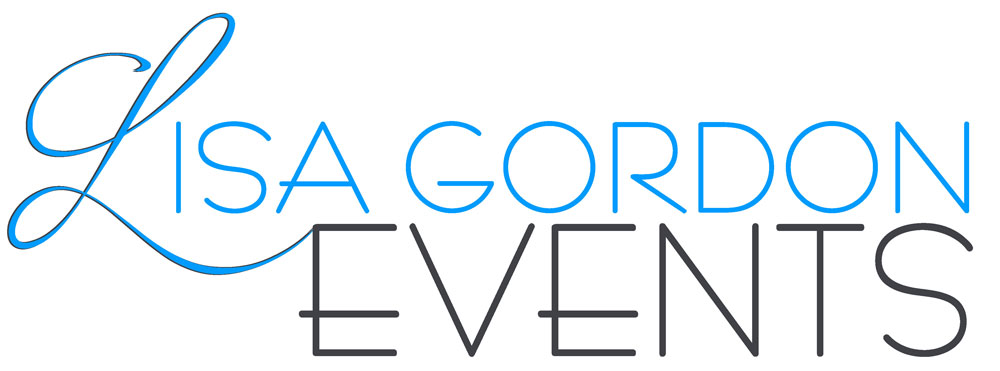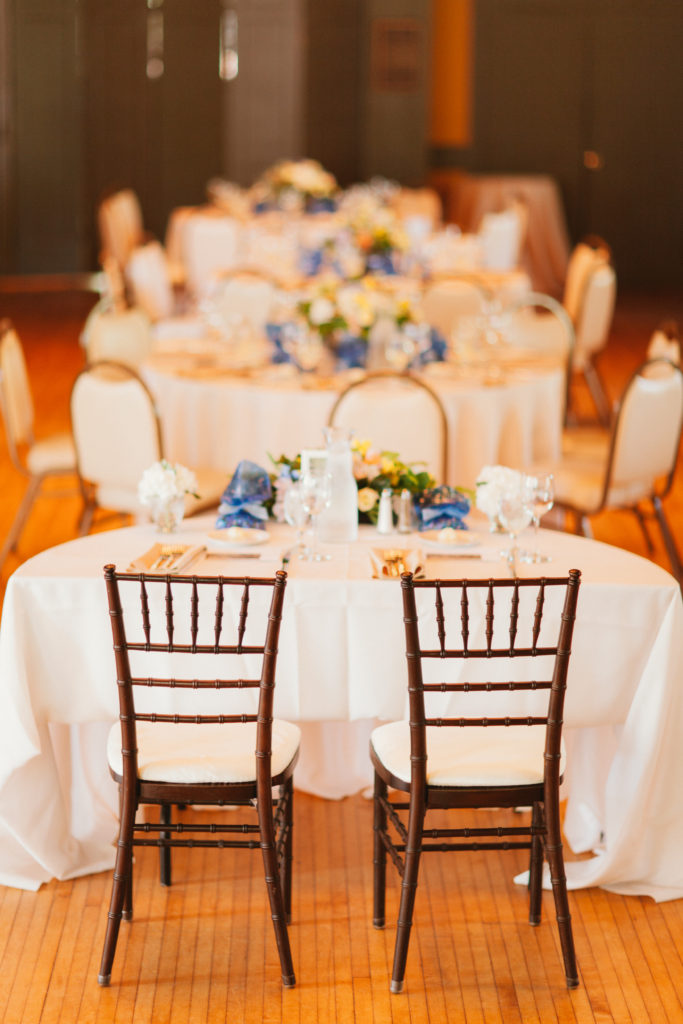I’m a planner. I like to plan things and then stick to those plans. I am, however, also a realistic planner, so I know that plans change, and sometimes you just have to roll with the punches. This week is one of those times–in a very big way.
So, let’s say you have been planning a wedding in the US for sometime this spring or early summer. What do you need to be thinking of right now? I’ve been keeping tabs on the news, but I have to caution you that this is only my informed opinion and things may not play out the way I see them right now.
It’s anyone’s guess how long this disease will continue to spread. The best-case scenario I’ve seen is that it could be contained by sometime in the summer–if governments act now. No one wants to predict a worst-case scenario, but it would have to be sometime later than this summer. In any case, if you’re planning a wedding between now and July, you may have to be prepared for some changes.
For one thing, some locations (states, cities, metropolitan areas) have banned large gatherings, both public and private. In Chicago as of today, gatherings of over 1,000 people are prohibited for 30 days. Gatherings of over 250 people are strongly discouraged. If you have a large guest list, your wedding could fall in that second category, and you may have to postpone. If you haven’t sent out invitations yet, think seriously about downsizing your guest list. The smaller the gathering, the less risky it is.
But the other thing to think about is who is on your guest list. It’s generally agreed that older people are more at risk from the virus. As much as you want your grandparents and others of their generation at your wedding, you may need to have some serious conversations with them and let them know that if they need to keep themselves safe, you will understand and you won’t insist that they join you. There may be other people who want to be with you but who need to stay away to protect themselves. Be understanding with them. It’s better to have your dear ones safe than at your wedding.
If you have the time and the means to do so, consider setting up live streaming, at least of your ceremony, so that people who aren’t able to be there with you can participate. It’s not the same as being in the same room, but it is better than nothing.
The other thing you can do is to communicate with all of your guests and tell them to please stay home if they are not well. If you let them know that you would rather they not attend if they are sick, I hope they will agree.
And then there’s the very worst case scenario: Having to postpone or cancel your wedding. Pretty much everyone in the wedding industry is aware that we are going to have to make some accommodations for our clients. Talk to your vendors and ask about their policies for postponing your wedding if it becomes necessary to do so. At least in Chicago, most vendors are being flexible and willing to rebook for a later date at no extra cost. (Some are charging rebooking fees.) Ask about specific policies and make sure they are spelled out in your contracts if you haven’t signed them yet.
And my last bit of advice? Wash your hands frequently with soap and hot water for at least 20 seconds. Don’t touch your face. Do get plenty of rest and exercise, eat as healthy a diet as you can manage, and do whatever you need to do to keep your stress level under control. It’s always better to be prepared, be careful with your health, and change your plans than to be sick.


Recent Comments